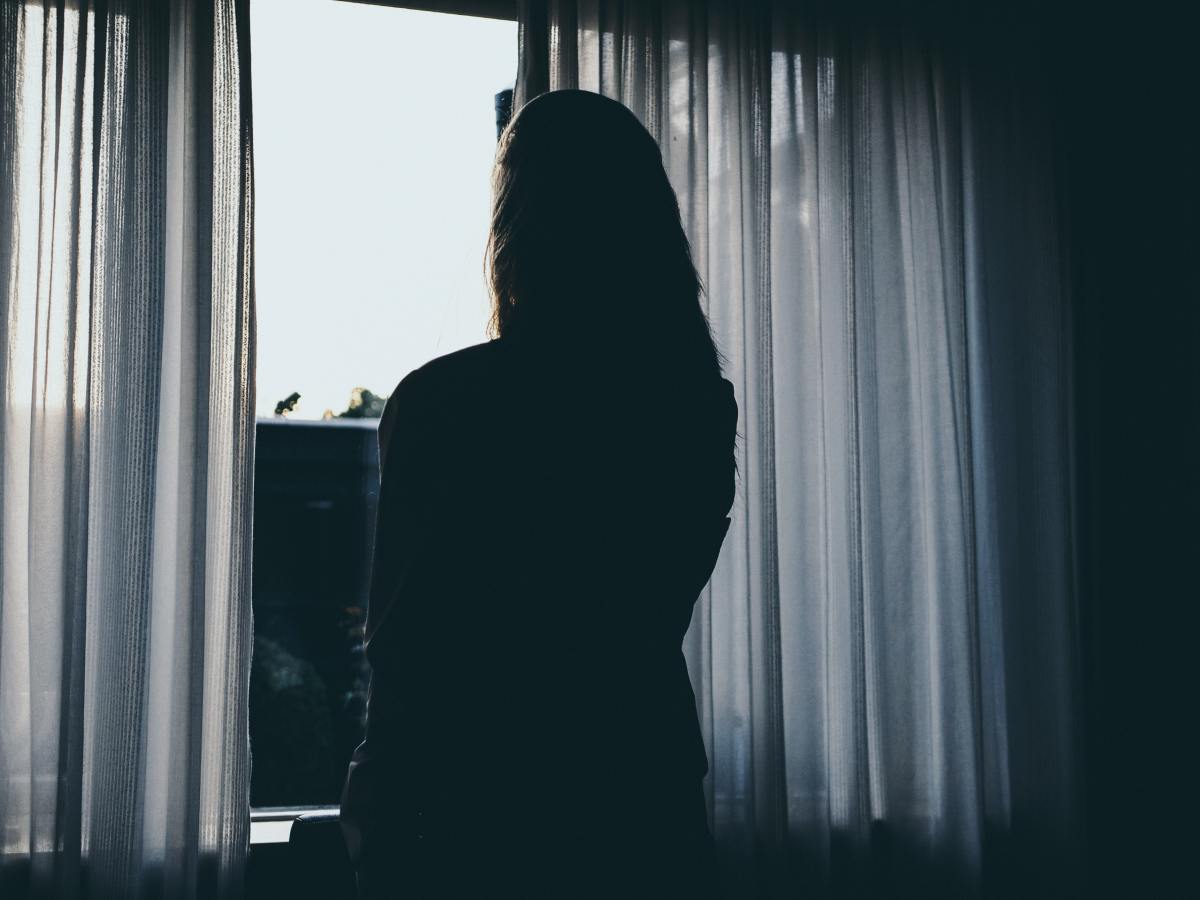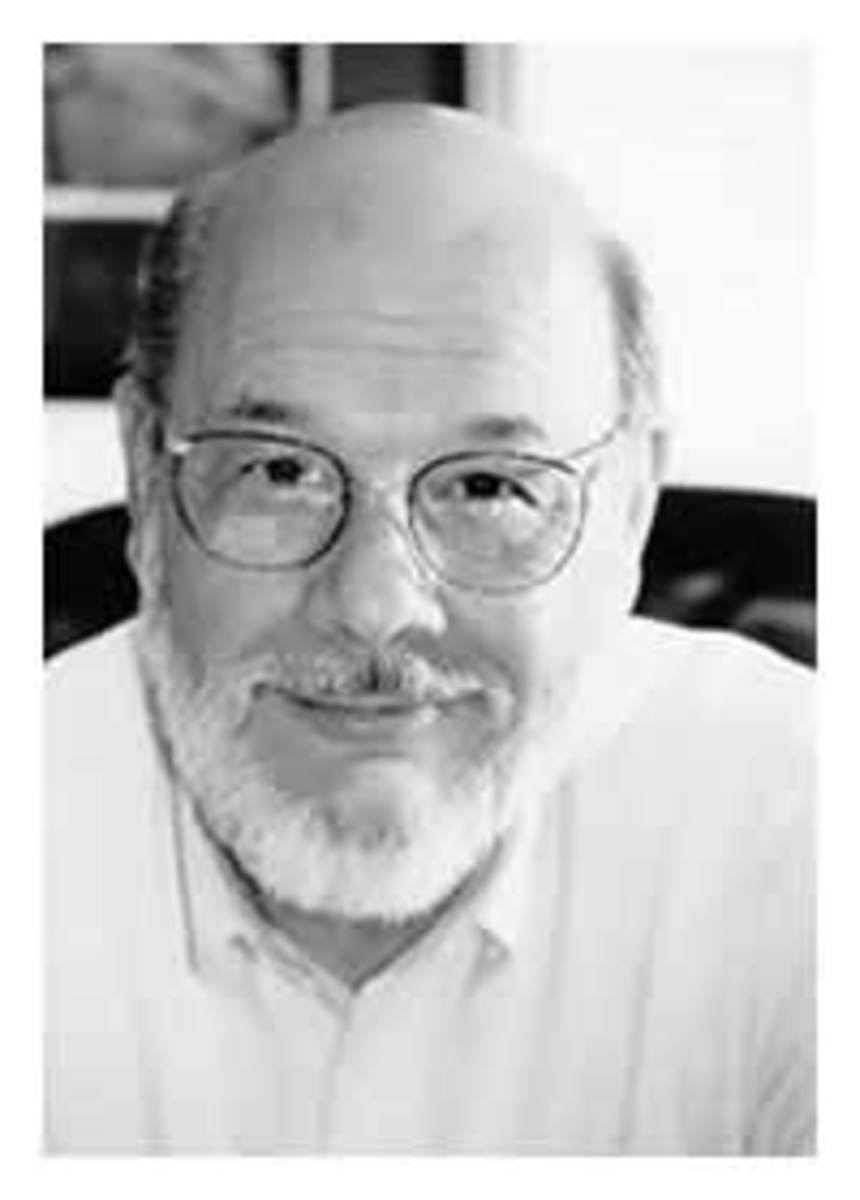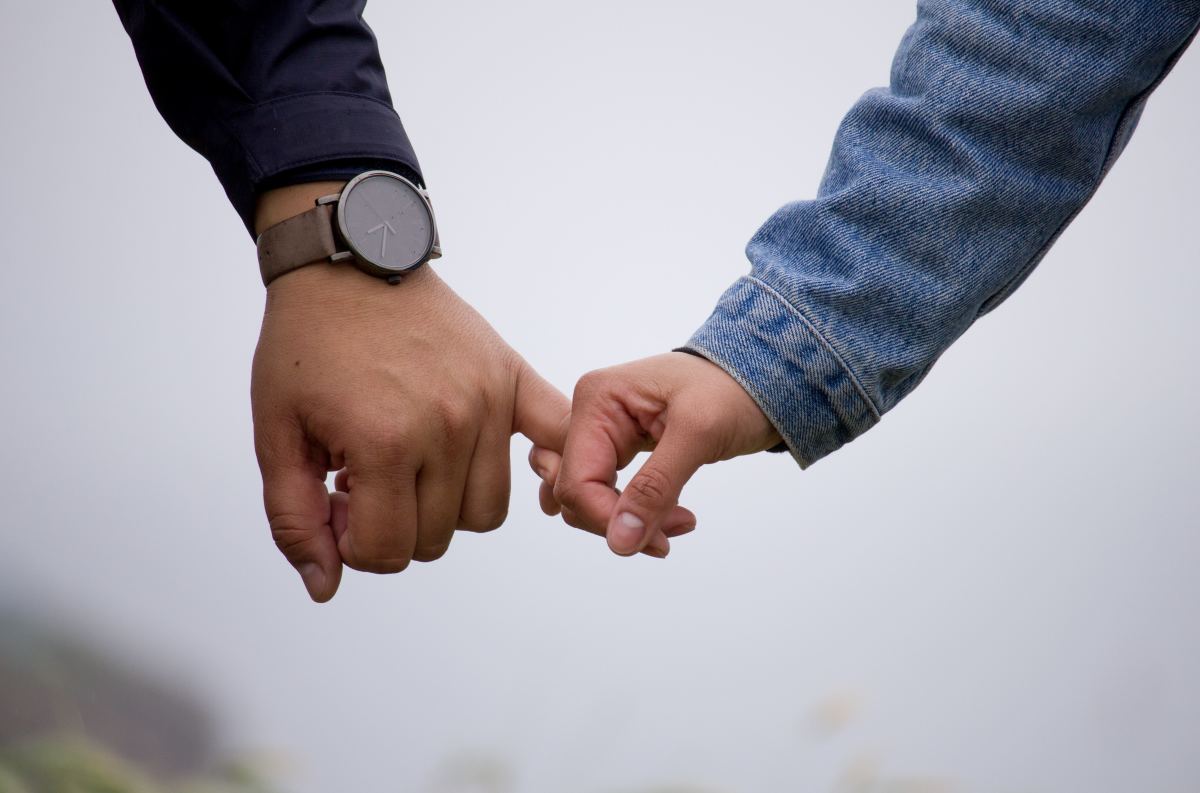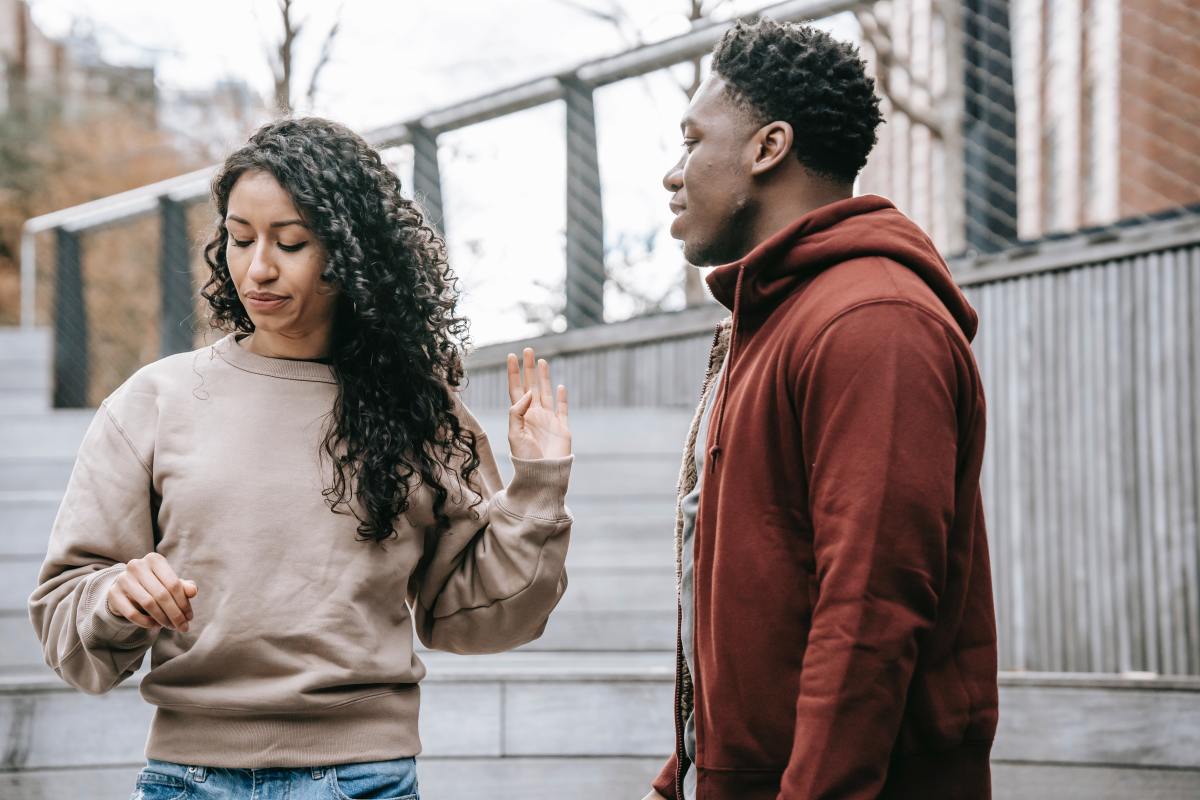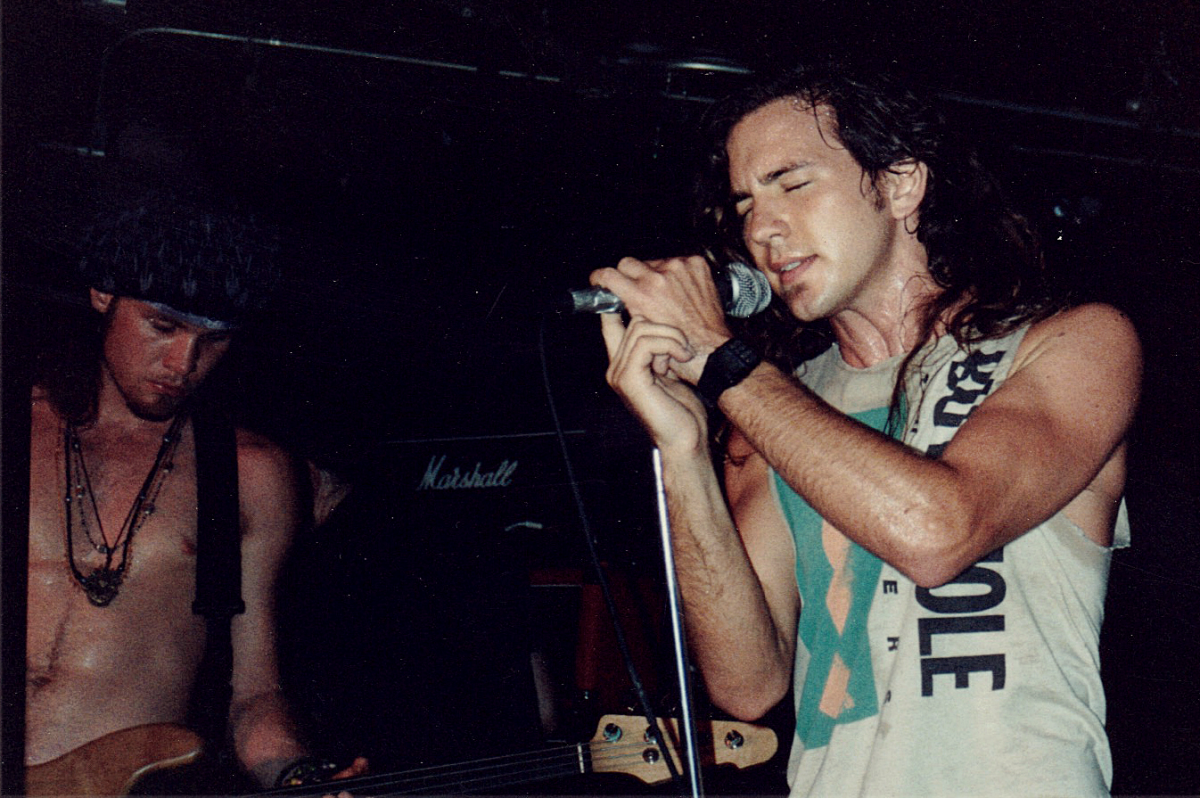Escaping Into the 80s: A Black Girl’s Journey Through Nostalgia and Identity
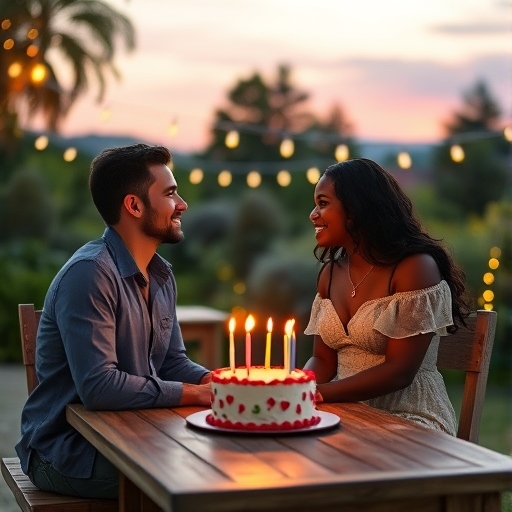
Revisiting the 80's
One of the best experiences I will be blessed to leave this earth with is the nostalgia of the 80s—a decade even in the 20th century still admired. The 80’s was an amazing decade for films and music. The 80’s brought us some of the best films and musical artists of a lifetime. Even today the cultural contributions of the 80s continue to resonate. I know I’m biased—being born in the 80’s. Whether it’s rewatching a beloved classic for the hundredth time or discovering a hidden gem I missed, the joy is unmatched.
Lover of All Things 80s but Horror Holds a Special Place in My Heart
When it comes to horror movies the 80’s captures my heart as my dearest obsession. Modern horror rarely holds the same replay value, with a few exceptions like *Scream* or the *Slasher* series. But 80s horror? I can watch those films endlessly. They were daring, iconic, and deeply rooted in the essence of storytelling that transcended time. It’s not just horror, though—every genre seemed to shine during this magical decade.
For me, the love of the 80s extends beyond just movies; it’s the soundtrack too. Hearing Orchestral Manoeuvres In The Dark’s *If You Leave* immediately transports me to a John Hughes film. In my daydreams, I’m the “It Girl” in a teen movie—a Molly Ringwald type, maybe Samantha Baker or Andie Walsh. Though, deep down, I’ve always related more to Allison from *The Breakfast Club*.
Where Nostalgia Meets the Need for Representation
But as much as I adored these films, they left me with a longing—a gap that couldn’t be ignored. For a Black girl growing up in the 80s, there was little in the way of representation that mirrored my experiences or inspired my imagination. Sure, I had *The Cosby Show* and *A Different World*, and while I loved them, they didn’t fully reflect the complexity of my life or give me the escapism I craved.
Hollywood painted a picture of coming-of-age stories as suburban, carefree, and, above all, white. There were no Black teens navigating first crushes, awkward high school dances, or finding themselves in whimsical, John Hughes-like narratives. Instead, the few portrayals of Black life focused on struggle, poverty, or navigating systemic challenges—realities that were important but far from universal. My siblings and I grew up in a two-parent household, defying some stereotypes, yet the broader media narrative rarely offered a space for Black joy or nuanced teenage experiences.
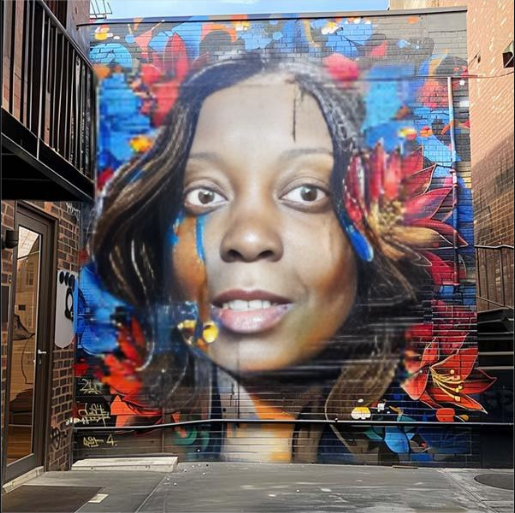
Between Imagination and Identity
So, I did what many Black girls of the 80s did: I immersed myself in white teen movies because that’s all there was. I found myself crushing on Judd Nelson, Emilio Estevez, and John Cusack—actors who became the objects of my teen affection. On the rare occasion when Black male leads appeared in film, they were often much older and cast in roles that didn’t resonate with a teenage girl’s romantic fantasies.
This lack of representation wasn’t just a missing piece of entertainment; it was a reminder of the systemic erasure and dehumanization Black people have endured for generations. Society pushed a singular narrative—the white American Dream—and positioned Blackness as “less than.” The trauma of that marginalization runs deep, passed down through generations without acknowledgment or healing. Even as we’ve fought to create spaces for ourselves, society has often met our progress with denial and deflection.
Nostalgia, Race, and Escaping Into Film
At 45 years of age and living through some of the hardest of times growing up, I can still look back on my love for the 80’s and float in the nostalgia and dream a little dream of me escaping down the rabbit hole into another world. I’ll always have a world of pure imagination, humming those familiar lyrics:
"Come with me, and you’ll be in a world of pure imagination."
Now that’s the kind of nostalgia that never fades.
This content reflects the personal opinions of the author. It is accurate and true to the best of the author’s knowledge and should not be substituted for impartial fact or advice in legal, political, or personal matters.
© 2024 Donnetta Williams

